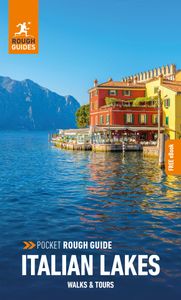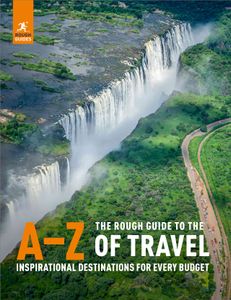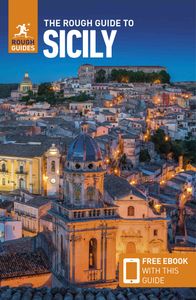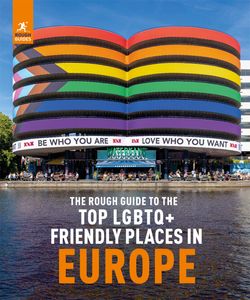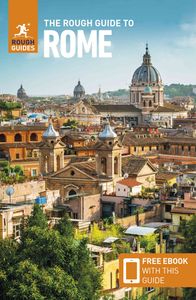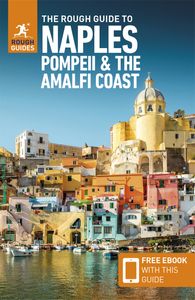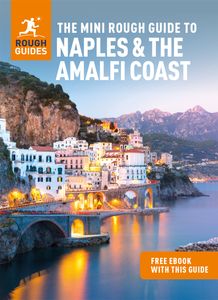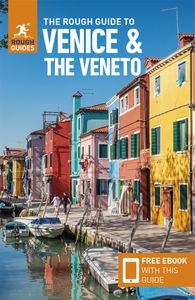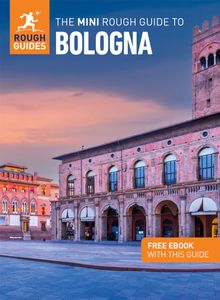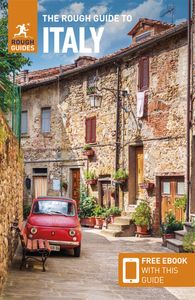Money
Italy’s currency is the euro (€; note that Italians pronounce it “eh-uro”), which is split into 100 cents (centesimi). You can check the current exchange rate at w xe.com. In Italy, you’ll get the best rate of exchange (cambio) at a bank. Banking hours are normally Monday to Friday mornings from 8.30am until 1.30pm, and for an hour in the afternoon (usually 2.30–4pm). There are local variations on this and banks are usually open only in the morning on the day before a public holiday. Outside banking hours, the larger hotels will change money or travellers’ cheques, although if you’re staying in a reasonably large city the rate is invariably better at the train station exchange bureaux – normally open evenings and weekends. ATMs are common: most towns and even villages have at least one, although, as in most countries, you won’t be able to withdraw more than €250 per day. Check with your bank before you leave home to make sure your card is authorized for transactions abroad and it’s a good idea to let them know the dates you’ll be away so that anti-fraud blocks can be lifted.
Opening hours
Traditionally most shops and businesses open Monday to Saturday from around 8am until 1pm, and from about 4pm until 7pm, with additional closures on Saturday afternoons and Monday mornings, though these days an increasing number of shops are remaining open all day, on the Northern European model. Traditionally, everything except bars and restaurants closes on Sunday, though most towns have a pasticceria open in the mornings, while in large cities and tourist areas, Sunday shopping is becoming more common.
Most churches open in the early morning, around 7 or 8am for Mass, and close around noon, opening up again at 4pm and closing at 7 or 8pm. In more remote places, some will only open for early morning and evening services, while others are closed at all times except Sundays and on religious holidays; if you’re determined to take a look, you may have to ask around for the key. Another problem is that lots of churches, monasteries, convents and oratories are closed for restoration (chiuso per restauro), though you might still be able to persuade someone to show you around.
Opening hours for state-run museums, and most private ones, are generally Tuesday to Saturday from 9am until any time from 2pm until 7pm, and Sunday from 9am until 1pm. Many large museums also run late-night openings in summer (till 10pm or later Tues–Sat, or 8pm Sun). The opening times of archeological sites are more flexible: most sites open every day, often including Sunday, from 9am until late evening – frequently specified as one hour before sunset, and thus changing according to the time of year. In winter, times are drastically cut, principally because of the darker evenings; 4pm is a common closing time.
Public holidays
Whereas it can be fun to stumble across a local festival, it’s best to know when the national holidays are as almost everything will shut down. In August, particularly during the weeks either side of Ferragosto (Aug 15), when most of the country flees to the coast and mountains, many towns are left half-deserted, with shops, bars and restaurants closed and a reduced public transport service. Local religious holidays don’t necessarily close down shops and businesses, but they do mean that accommodation space may be tight. The country’s official national holidays, on the other hand, close everything down except bars and restaurants. A recent initiative has been to open national museums and monuments on public holidays to encourage Italians to make the most of their national heritage, although it’s still best to check beforehand if you are planning a trip around one particular sight.
Phones
Mobile (cell) phones in Italy work on the GSM European standard, usually compatible with phones from the UK, the rest of Europe, Australia and New Zealand, but not the US and Canada, which use a different system. Make sure you have made the necessary “roaming” arrangements with your provider before you leave home and note that you’re likely to be charged for incoming calls in Italy and you may need a new international access code to retrieve your messages.
If you’re going to be in the country for any length of time, it might be worth getting an Italian SIM card. You can do this before you leave home (sites like w 0044.co.uk and w telestial.com/sim_cards.php are popular) or in Italy, but you’ll need to present your passport on purchase and, depending on the provider, register the details over the phone.
Public telephones, run by Telecom Italia, come in various forms, usually with clear instructions in English. Coin-operated machines are increasingly hard to find in some areas of the country so you will probably have to buy a telephone card (carta or scheda telefonica), available from tabacchi and newsstands. Codes are an integral part of the number and always need to be dialled, regardless of whether or not you are in the zone you are telephoning. All telephone numbers listed in the Guide include the relevant code. Numbers beginning t 800 are free, t 170 will get you through to an English-speaking operator, t 176 to international directory enquiries.
Phone tariffs are among the most expensive in Europe, especially if you’re calling long-distance or internationally.
Time
Italy is always one hour ahead of Britain, seven hours ahead of US Eastern Standard Time and ten hours ahead of Pacific Time.



